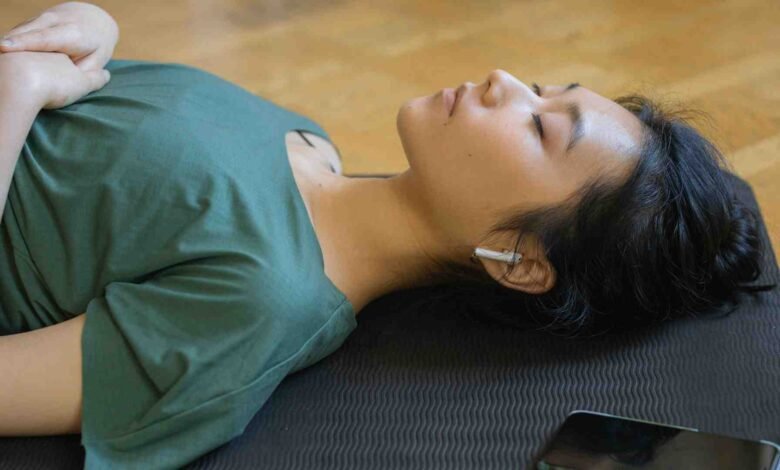Does Sleeping on the Floor Make You Taller?

Does sleeping on the floor make you taller? Many people believe that sleeping on the floor can help increase one’s height, but is there any scientific evidence to support this claim? In this article, we’ll explore the potential benefits and drawbacks of sleeping on the floor, as well as take a closer look at the relationship between sleep posture and height.
Benefits of Sleeping on the Floor
One of the main benefits of sleeping on the floor is that it can help improve posture. When you sleep on a soft surface like a mattress, your body is more likely to sink into the bed and adopt an unnatural position. This can lead to poor posture and muscle imbalances over time. However, when you sleep on a firm surface like the floor, your body is more likely to maintain a neutral position, which can help improve your posture and reduce the risk of muscle imbalances.
Another potential benefit of sleeping on the floor is that it may help improve spinal alignment. When you sleep on a mattress, your spine is not in a neutral position, which can lead to strain and discomfort. However, when you sleep on the floor, your spine is more likely to be in a neutral position, which can help reduce strain and improve spinal alignment.
Here are the potential benefits of sleeping on the floor:
- Can help improve posture by keeping the body in a neutral position
- Can help improve spinal alignment by keeping the spine in a neutral position
- May reduce the risk of muscle imbalances caused by sleeping on a soft surface
- Can be beneficial for people with joint issues
- Can help you get a good night’s sleep
- Can be inexpensive and eco-friendly
- May have some cultural or spiritual significance.
Drawbacks of Sleeping on the Floor
While there are potential benefits to sleeping on the floor, there are also some drawbacks to consider. One of the main drawbacks is that it can be uncomfortable. Sleeping on a hard surface can be rough on your joints, particularly for people with existing joint issues. Additionally, it can be harder to get comfortable on the floor, which can make it harder to get a good night’s sleep.
Another drawback is that it could be unsanitary. You could potentially expose yourself to dust mites, bed bugs, and other creepy crawlies, which can be a health hazard. Additionally, the floor can be cold and hard, which can make it difficult to regulate body temperature and get a good night’s sleep.
Does Sleeping on the Floor Make You Taller?

So, does sleeping on the floor actually make you taller? The answer is no, there is no scientific evidence to support this claim. Height is primarily determined by genetics, and there’s no evidence to suggest that sleeping on the floor can alter your genetic makeup. Additionally, your height is determined by the length of your bones and the amount of growth hormone in your body, both of which are largely out of your control. However, it is evident that sleep does affect growth and development and lack of adequate sleep might result in stunted growth.
That being said, sleeping on the floor can help improve posture and spinal alignment, which can make you appear taller. When your posture is poor, you may appear shorter than you actually are. However, improving your posture can make you appear taller and more confident. It’s also worth mentioning that sleep is essential for good growth and development in children, teenagers, and adolescents, however, the posture of sleep is not the main factor in height development. Some sleep positions might help you grow taller but sleeping on the floor does not affect the height.
Conclusion
In conclusion, while sleeping on the floor may have some benefits in terms of posture and spinal alignment, it’s unlikely to make you taller. Height is primarily determined by genetics, and there’s no evidence to suggest that sleeping on the floor can alter your genetic makeup. if you’re interested in improving your posture, sleeping on the floor may be worth a try. However, it’s important to weigh the potential benefits against the potential drawbacks and consult with a doctor or chiropractor before making any major changes to your sleep routine.











